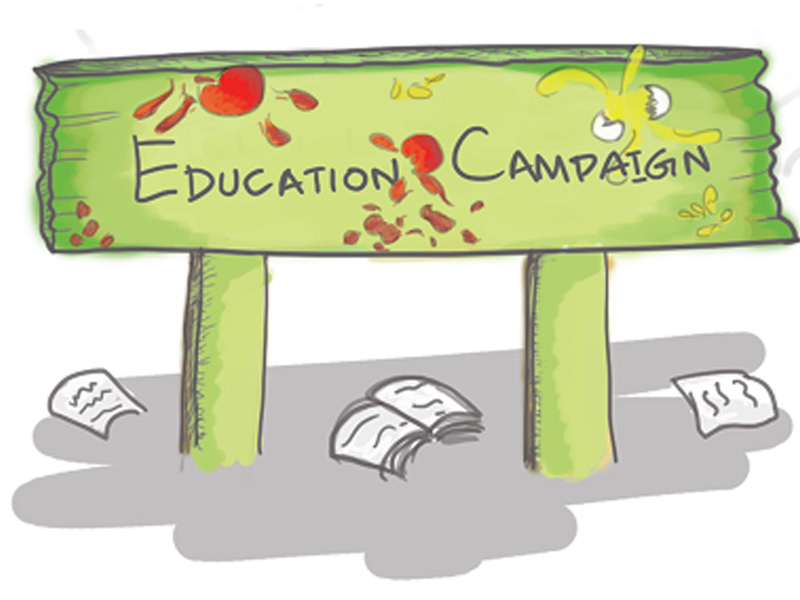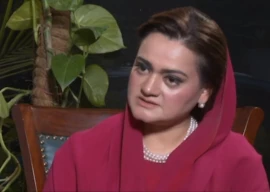
The 2013 Annual Status of Education Report will assess the learning levels of more than 250,000 children in 145 rural districts and 10 urban centres across the country.
Eighteen Punjab districts are among 75 that have already been surveyed by some 5,000 volunteers. More than 10,000 volunteers in total will have participated in the survey, which will reach out to some 90,000 households.
ASER programme manager Safyan Jabbar told The Express Tribune that last year’s assessment report had covered 136 rural districts and six urban centres. This year’s survey would cover 145 districts and 10 urban centres: Multan, Rawalpindi, Faisalabad, Lahore, Rahim Yar Khan, Karachi, Hyderabad, Sukkur, Peshawar and Quetta.

The surveyors aim to assess the basic literacy (in English and Urdu) and numeracy skills of children by asking them questions based on the grade two curriculum. “This year we have slightly modified our assessment tools,” Jabbar said, by including assessment of general knowledge. This is done by asking children to identify objects in English and Urdu and asking them to tell the time on a clock face.
Though primarily focussed on learning assessment, the ASER, first launched in 2008, also looks at types of schools (private or public), student enrolment and attendance, teacher numbers and qualifications, and school facilities. Last year’s report also included parents’ opinions on what medium of instruction they preferred in their children’s schools.
This year, the ASER will also look at reasons why students drop out of schools. “While the [government’s] current focus is on enrolling children, we should also try to retain them. This information will help us determine why schools are failing to do just that,” Jabbar said.
The survey forms offer various possible reasons for dropping out of school, including poverty, migration due to floods, shifting of school buildings by the government and law and order. “We had to keep all major reasons in mind while compiling this survey form for children, be they located in Khyber-Pakhtunkhwa or south Punjab,” said Jabbar.
Information about temporary school closure is also being collected this year. Jabbar said this was necessary to gauge schools’ functioning and activity during the academic year.
The last survey phase begins on October 23 and the initial findings of the report are expected to be released in early December. The full 2013 report is due to come out in January. The South Asian Forum for Education Development is assisting with the survey.
Published in The Express Tribune, October 22nd, 2013.

1725030039-0/Untitled-design-(2)1725030039-0-165x106.webp)
1725366721-0/kyle-(1)1725366721-0-165x106.webp)
1731410017-0/BeFunky-collage-(45)1731410017-0-165x106.webp)






1732012115-0/Untitled-design-(14)1732012115-0-270x192.webp)






COMMENTS
Comments are moderated and generally will be posted if they are on-topic and not abusive.
For more information, please see our Comments FAQ